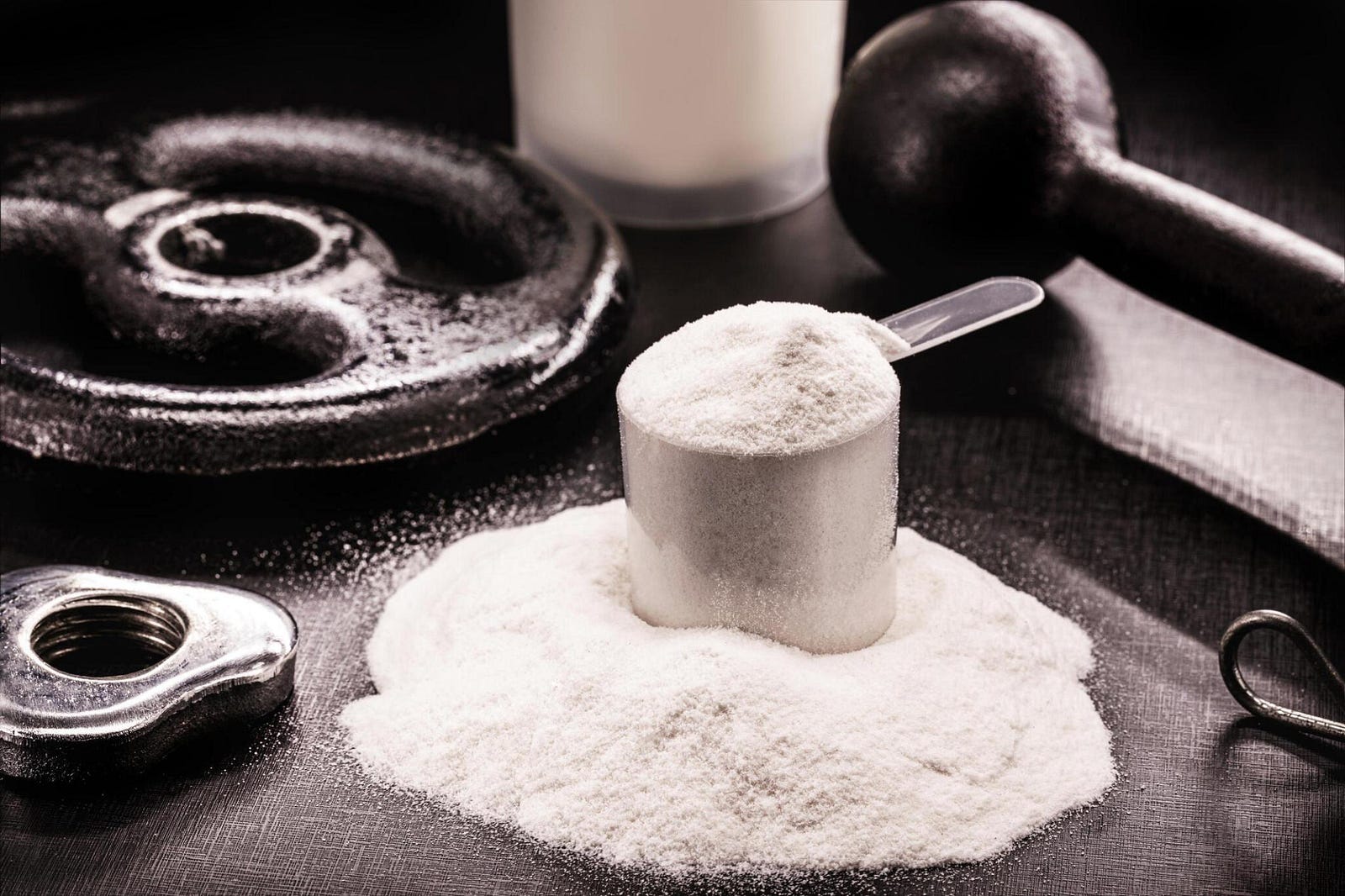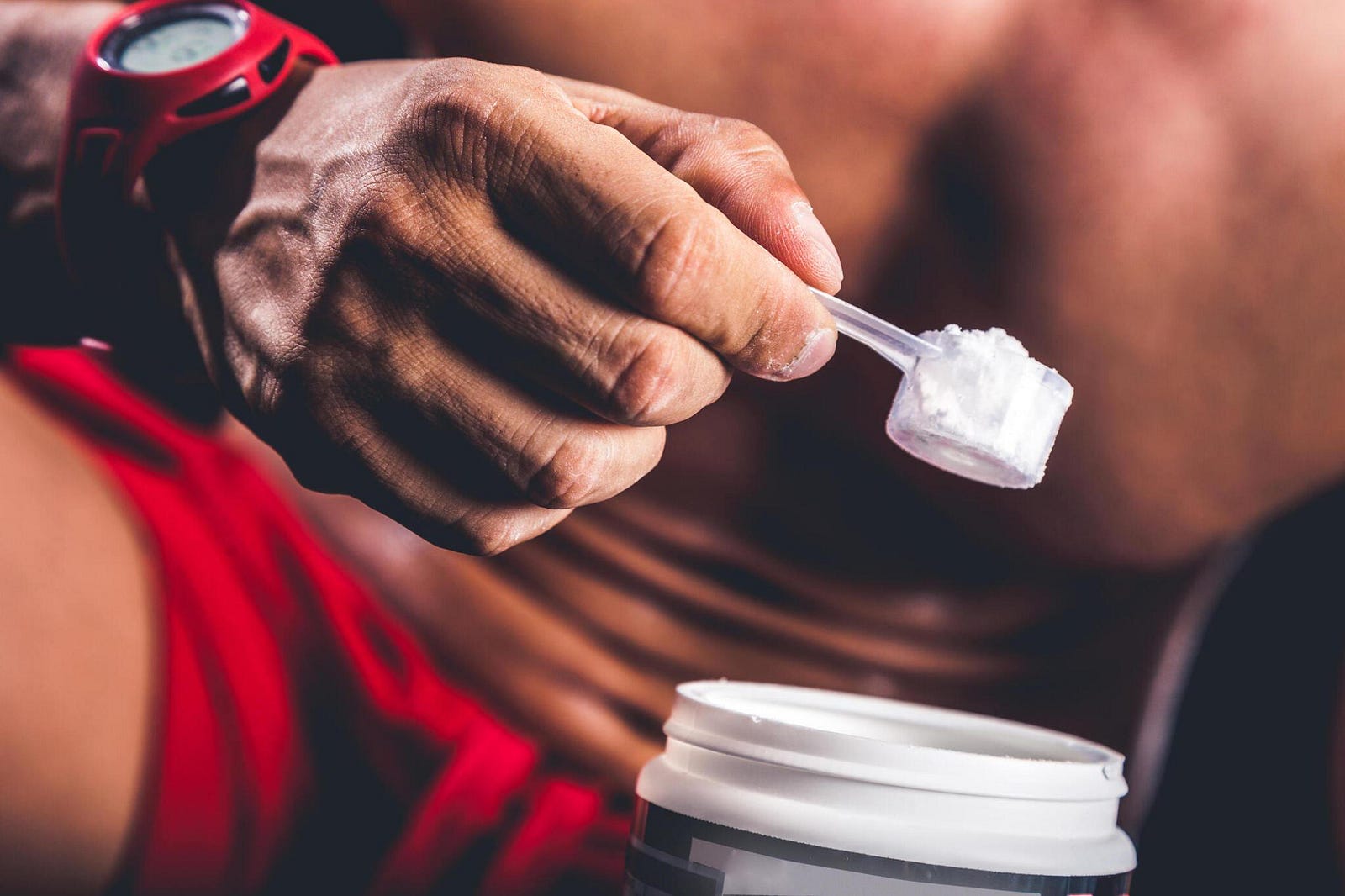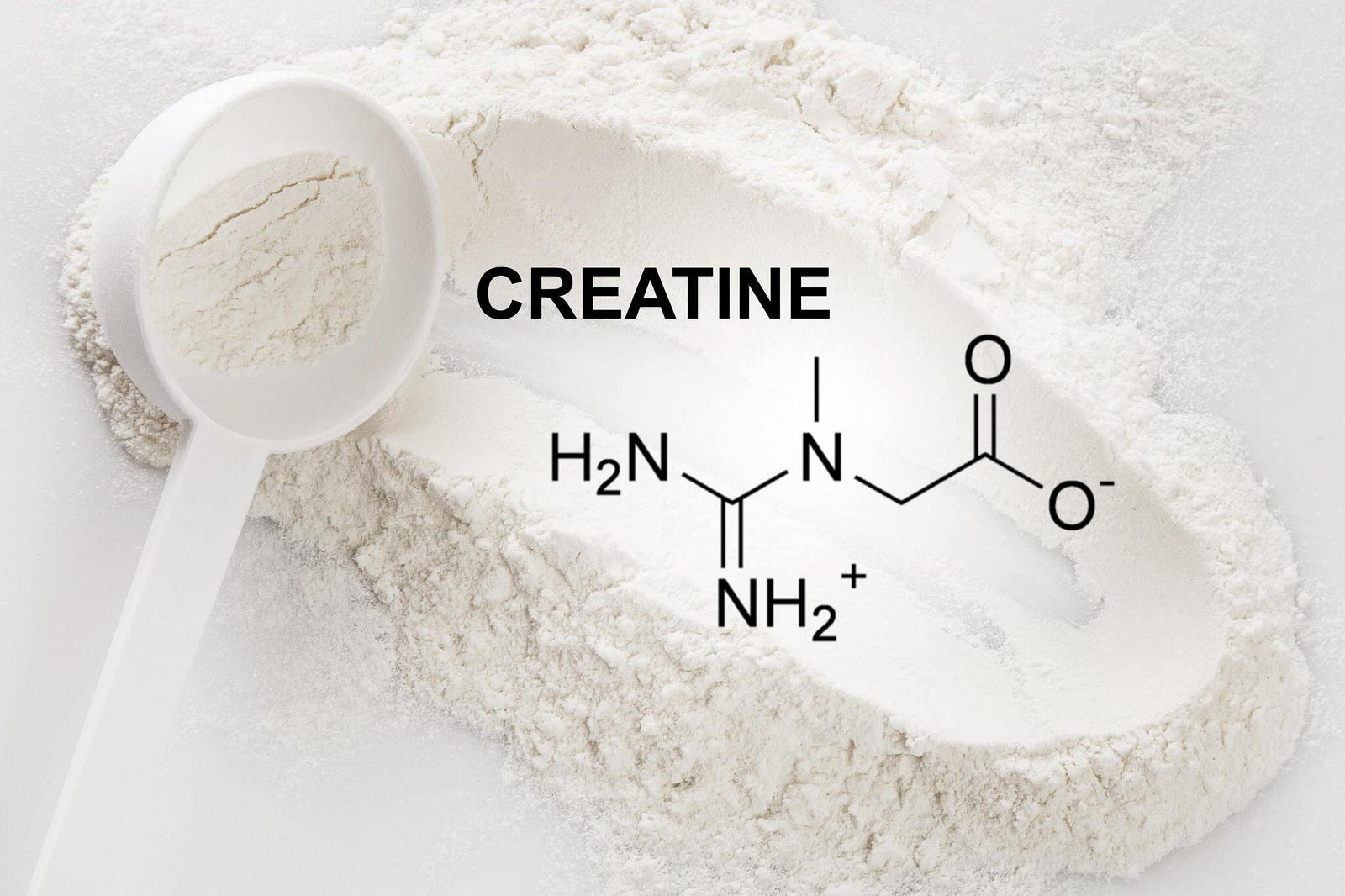Creatine Monohydrate: Superior Formulation

Creatine Monohydrate is a popular supplement among athletes, fitness enthusiasts, and individuals seeking to improve their physical performance and health. This naturally occurring compound plays a pivotal role in energy production, particularly during high-intensity activities. In this blog, we’ll delve into the science behind Creatine Monohydrate, its benefits, and how to incorporate it into your routine using Biosafe’s Creatine Monohydrate supplement.
Understanding Creatine Monohydrate
Creatine is a molecule that our bodies naturally produce, primarily in the liver, kidneys, and pancreas. It’s also found in foods such as meat, fish, and eggs. However, Creatine Monohydrate, the most researched form of creatine, is often taken as a dietary supplement to enhance athletic performance and support muscle health.
How Creatine Monohydrate Works
Creatine Monohydrate works by increasing the body’s stores of phosphocreatine, which is used to produce adenosine triphosphate (ATP). ATP is the primary energy source for muscle contractions, particularly during short bursts of high-intensity exercise. By increasing the availability of ATP, Creatine Monohydrate enables muscles to work harder and longer, leading to improved performance and faster gains in strength and muscle mass.
The Benefits of Creatine Monohydrate
- Boosts Athletic Performance: Creatine Monohydrate aids in the production of adenosine triphosphate (ATP), the primary energy source for muscle contractions. This can lead to improved strength, power, and high-intensity exercise performance.
- Supports Muscle Growth: Creatine Monohydrate can stimulate several biological processes that lead to increased muscle growth and size, making it a favorite among bodybuilders and athletes. It promotes cell volumization by drawing water into muscle cells, which can lead to a fuller appearance and increased muscle size. Additionally, creatine has been shown to increase the release of anabolic hormones like insulin-like growth factor-1 (IGF-1), which can stimulate muscle growth.
- Enhances Recovery: Creatine Monohydrate can help reduce muscle damage and inflammation, leading to faster recovery times after intense workouts. This means that athletes can train more frequently and at higher intensities, ultimately leading to better results.
- Improves Anaerobic Capacity: Creatine Monohydrate has been shown to increase anaerobic capacity, which is the ability to perform high-intensity, short-duration activities. This is particularly beneficial for sports that require short bursts of power, such as sprinting, weightlifting, and football.
- Enhances Brain Health: Emerging research suggests that Creatine Monohydrate may support brain health and cognitive function, potentially aiding in conditions like Alzheimer’s, Parkinson’s, and other neurodegenerative diseases. Creatine has been shown to improve cognitive performance in tasks that require short-term memory and quick thinking.
Incorporating Biosafe’s Creatine Monohydrate into Your Routine
Biosafe’s Creatine Monohydrate is a high-quality, pure, and effective supplement designed to support your fitness goals and overall health.
Here’s how you can incorporate it into your routine:
Loading Phase: Start with a loading phase for 5–7 days, where you take 20 grams of Creatine Monohydrate split into four 5-gram servings throughout the day. This will help saturate your muscles with creatine, allowing you to experience its benefits more quickly.
Maintenance Phase: After the loading phase, reduce your intake to a maintenance dose of 3–5 grams per day. This will help maintain high creatine levels in your muscles, supporting ongoing performance improvements and muscle growth.
Remember, it’s important to stay hydrated while taking Creatine Monohydrate. Drink plenty of water to support your body’s ability to absorb and utilize this supplement effectively.
Safety and Side Effects
Creatine Monohydrate is generally considered safe for most individuals when taken as directed. However, some people may experience side effects such as stomach cramping, nausea, or diarrhea, particularly during the loading phase. To minimize these side effects, try taking Creatine Monohydrate with a meal or splitting your daily dose into smaller servings throughout the day.
It’s important to note that individuals with kidney disease or a history of kidney problems should consult with a healthcare professional before taking Creatine Monohydrate, as it may exacerbate these conditions.
Conclusion
Creatine Monohydrate is a powerful supplement that can significantly enhance athletic performance, support muscle growth, aid in recovery, and potentially boost brain health. Incorporating Biosafe’s Creatine Monohydrate into your routine can provide you with these benefits, helping you reach your fitness goals and improve your overall health. As always, it’s important to consult with a healthcare professional before starting any new supplement regimen. With the right approach and the right products, you can unlock your full potential and achieve your health and fitness goals.
Sources
- Kreider, R.B., et al. (2017). “International Society of Sports Nutrition position stand: safety and efficacy of creatine supplementation in exercise, sport, and medicine.” Journal of the International Society of Sports Nutrition, 14:18.
- Buford, T.W., et al. (2007). “International Society of Sports Nutrition position stand: creatine supplementation and exercise.” Journal of the International Society of Sports Nutrition, 4:6.
- Avgerinos, K.I., et al. (2018). “Effects of creatine supplementation on cognitive function of healthy individuals: A systematic review of randomized controlled trials.” Experimental Gerontology, 108:166–173.
- Cooper, R., et al. (2012). “Creatine supplementation with specific view to exercise/sports performance: an update.” Journal of the International Society of Sports Nutrition, 9:33.
- Rawson, E.S., & Venezia, A.C. (2011). “Use of creatine in the elderly and evidence for effects on cognitive function in young and old.” Amino Acids, 40:1349–1362.
- Brosnan, M.E., & Brosnan, J.T. (2016). “The role of dietary creatine.” Amino Acids, 48:1785–1791.


























































![RichBeak News [EN]:Michael van de Popp: "I sold all my bitcoins to get even more BTC"Cryptocurren](https://cdn.bulbapp.io/frontend/images/428c37e1-190e-45f5-898c-57705acbd1ef/1)
